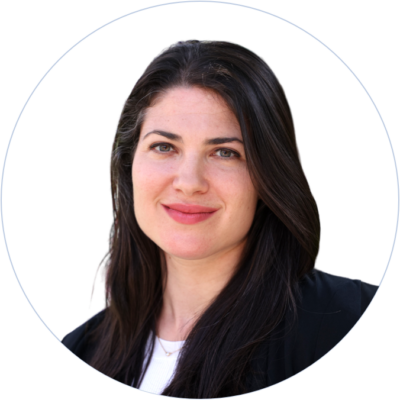Researchers at Israeli health maintenance organization Maccabi say they have identified a six-fold rise in members with celiac disease since 2005, mainly due to a rise in under-18 cases.
Maccabi’s KSM Research and Innovation Center published the findings Wednesday to mark International Celiac Awareness Day.
The HMO said it found that a total of 0.84 percent of current Maccabi members (approximately 22,000 individuals) have been diagnosed with celiac disease, up from 0.14% in 2005. Among children and adolescents up to age 18, this number increased from 0.12% to 1.56%, more than a 10-fold increase in the period examined.
Maccabi researchers predicted that, following the current trend, in 2030, one out of every 50 Israeli children and teens will have been diagnosed with the disease.
Celiac disease is a serious, largely genetic autoimmune disorder that damages the small intestine and interferes with the absorption of nutrients from food. Removing gluten, a major component of wheat, rye, and barley, from a celiac disease patient’s diet often cures — or at least alleviates — the symptoms and the damage to the lining of the small intestine.
If left untreated, celiac disease can lead to other disorders including infertility, reduced bone density, neurological disorders, some cancers, and other autoimmune diseases. Celiac disease has been on the rise globally in recent decades, with studies indicating that around 1.4% of the world’s population has the disorder. It is more common among women and children, and more prevalent in some parts of the world than in others.
According to Maccabi, a quarter of the patients diagnosed have a first relative with the disease, and 63% of patients are women.

An undated photo provided by Maccabi Healthcare Services shows Dr. Tal Patalon, head of the KSM Research and Innovation Center. (Asaf Brenner)
Maccabi also said that 82% of celiac patients “responded well” to treatments offered to them.
Data also revealed that the percentage of diagnoses is higher in central Israel, but researchers believe this to be a potential discrepancy, due to the higher volume of testing for celiacs in the area.
Dr. Tal Patalon, head of KSM Research and Innovation Center, said some hypothesize that the increase in celiac disease prevalence can be attributed to increased exposure to processed food, especially at young ages.
“However, this is still a hypothesis. It is of great importance to conduct studies on environmental exposures and their impact on chronic diseases, with the understanding that health and well-being must be studied in a multidimensional way, including examination of the effects of nutrition, lifestyle, and the environment,” Patalon said.

